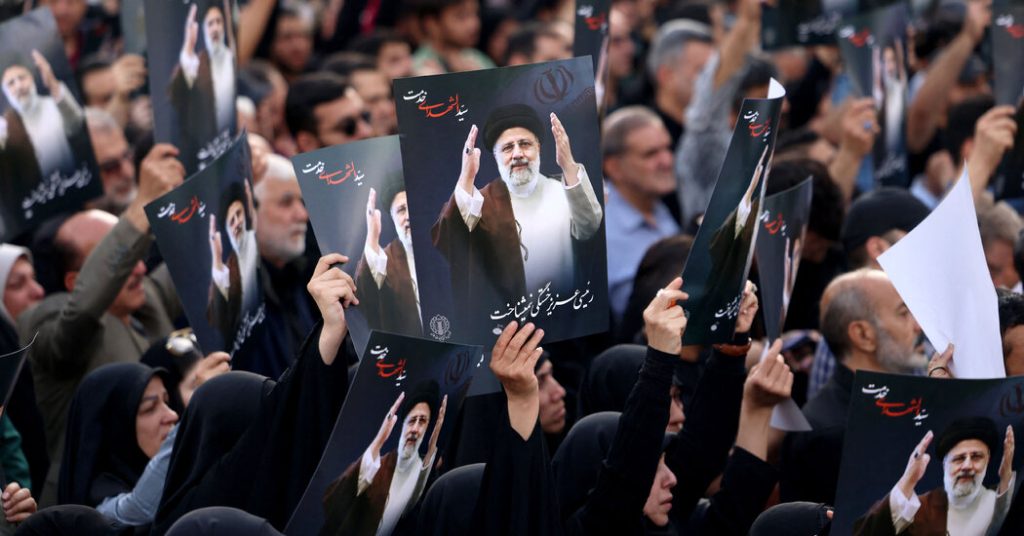The question of which country is more vulnerable, Israel or Iran, is a complex one with many facets to consider. While Israel faces the serious risk of being destroyed by a nuclear bomb, Iran’s expanding nuclear capabilities and lack of transparency about them are cause for concern in the Western world. Despite this, Israel is not highly vulnerable to moves at the International Criminal Court (ICC), campus protests, boycotts, divestment efforts, or arms embargoes. Israelis do not see themselves as settler-colonialists and believe they have ancestral ties to the land of Israel, making Zionism the oldest anti-colonialist struggle in history. The pressure on Israel only strengthens Jewish identity and solidarity.
For Iran, the main threat to the regime comes from internal dissent and protests. Recent mass protests over issues such as women’s rights, fuel prices, economic conditions, and electoral fraud have shown that there is significant unrest within the country. While the regime has been able to suppress dissent through violent means, the frequency and resilience of these protests indicate that there are underlying issues that need to be addressed. The use of mass rape as a form of suppression has not generated significant outrage in the international community, highlighting the difficulties faced by dissidents in Iran.
The idea of Israeli Jews returning to the lands of their forebears, much like the Algerian French pieds-noirs, is met with challenges and complexities. Jews believe they are originally from the land of Israel due to historical ties, including the Roman era and Babylonian Captivity. Criticism of Israel often overlooks the fact that Israelis have nowhere else to go, as evidenced by the rise of anti-Semitic sentiment in Jewish communities worldwide. The more pressure is exerted on Israel to compromise with its enemies, the stronger the Zionist movement becomes, emphasizing the importance of Israeli identity and resilience.
Iran’s vulnerability also stems from its escalating tensions with the United States and its allies, particularly regarding its nuclear program. The lack of transparency and the potential for a nuclear arms race in the region pose significant threats to stability and security. While Iran may be able to withstand external pressure and sanctions to a certain extent, internal challenges, such as economic hardships and societal discontent, remain key vulnerabilities for the regime. The history of protests and dissent within Iran underscores the need for meaningful reform and addressing the grievances of the population.
Overall, both Israel and Iran face unique vulnerabilities and threats that require careful consideration and analysis. While Israel’s existential concerns and historical ties to the land of Israel shape its national identity and resilience in the face of adversity, Iran’s internal dissent and external pressures present ongoing challenges for its regime. The complex geopolitical dynamics in the Middle East underscore the importance of dialogue, diplomacy, and conflict resolution in addressing the vulnerabilities of both countries and promoting regional stability.


